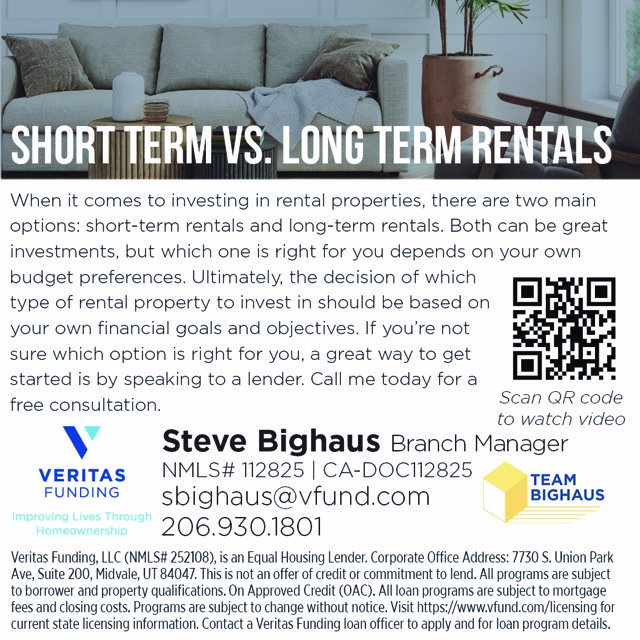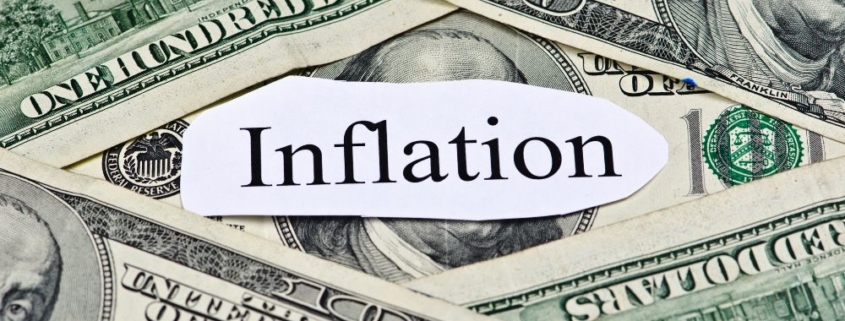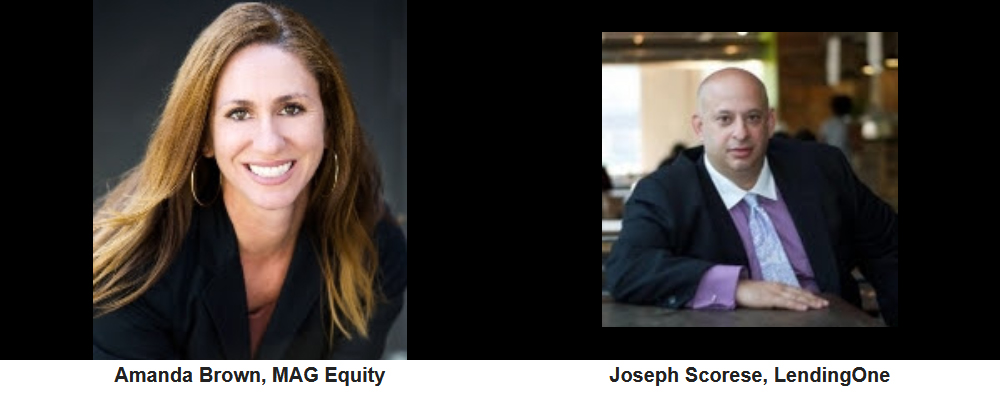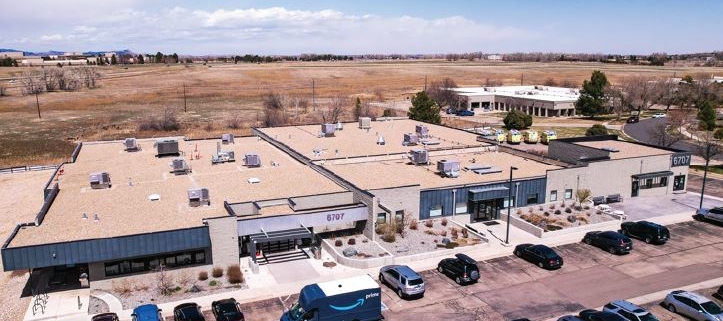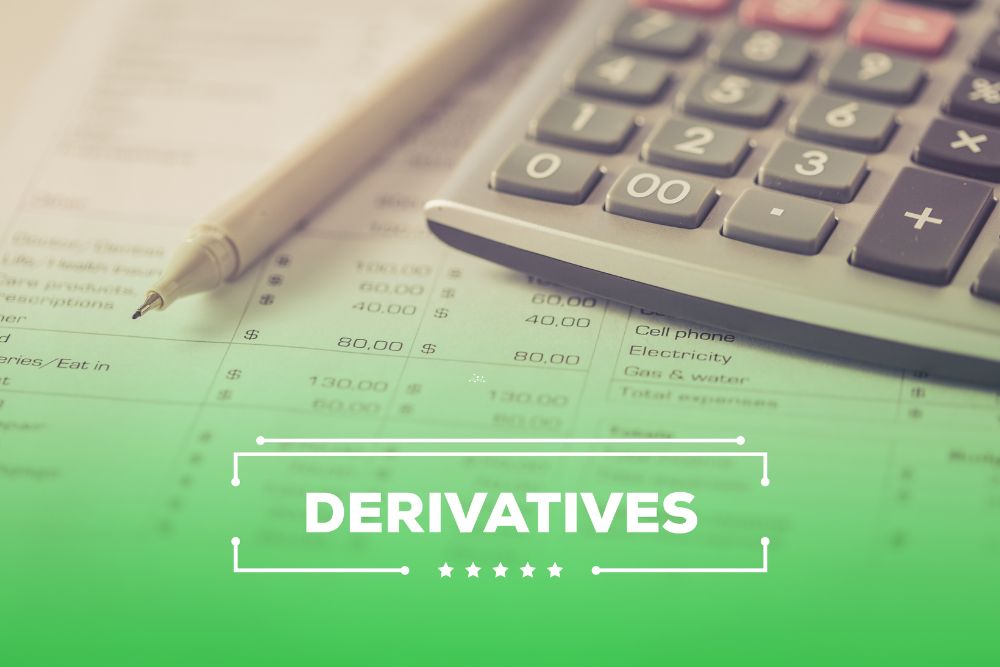Is Buying an Airbnb a Good Investment?
Submitted by Clinton Lu, TFS Properties
Airbnb is growing increasingly popular, with around 46 million users in the US alone. It might be tempting to buy a rental property and rent it out on Airbnb, but is buying an Airbnb a good investment?
Before deciding to find tenants on Airbnb instead of getting traditional long-term tenants, it’s essential to weigh the pros and cons. Here’s what you need to know about the pros and cons of investing in an Airbnb vs. renting to a traditional long-term tenant.
The Advantages of Using Airbnb as an Investment Strategy
With travel picking up again, many real estate investors are again looking to buy properties and rent them out on Airbnb instead of renting to traditional tenants. Here are the primary advantages of investing in Airbnb rental properties.
It May Be More Lucrative
Long-term rentals typically have monthly rates. On the other hand, a short-term rental can have a nightly, weekly, or monthly rate. Instead of charging $1,500/month, you may be able to charge $100/day ($3,000 for a full month), potentially doubling your income. You can even charge extra for cleaning fees.
Furthermore, you may be able to increase your income by offering tours or other services associated with your Airbnb experience. If you can’t provide them yourself, you may be able to refer them to a tour agency in exchange for a commission.
You Have More Flexibility
As an Airbnb host, you have more flexibility over your property. You can block your calendar if you want, so you can stay there yourself. You can even use it as your primary residence and rent it when you are on vacation.
Not only that, but you can offer both short and long-term rentals. For example, you can limit stays to five days, or you can have a two-night minimum. In all, renting your property as an Airbnb offers more flexibility in how you or your tenants use it.
ADVERTISEMENT
You Won’t Have to Worry About Collecting Payment
Dealing with a single tenant is hit-and-miss. Some tenants are fantastic, while others don’t pay on time. Fortunately, Airbnb handles all payments on its platform and collects payments for you.
Sure, some tenants might cancel at the last minute, but only if you offer a flexible cancellation policy. From our experience working with Airbnb owners, only a tiny percentage of your guests will ever give you issues.
The Disadvantages of Airbnb Investments
Is buying an Airbnb a good investment? Relying on Airbnb for rental income has some disadvantages compared to a traditional rental property. Like with any other investment, it’s best to know the good and the bad before you decide to go with any one strategy for your property.
You Have to Furnish It and Pay for Amenities and Services
Furnish the property with tables, chairs, and beds and also pay for water, electricity, internet and potentially more.
For traditional rentals, it’s not difficult to find long-term tenants willing to rent an unfurnished apartment, as they typically have furniture or expect to buy some. Furthermore, they will have to pay for their own amenities and services like gas, electricity, water, internet, and cable.
Your initial investment as an Airbnb host is higher. It’s not enough to buy a home; you must also furnish it. And if you want good reviews and return visitors, you shouldn’t cheap out and purchase low-quality furniture or bedding. The bed obviously has to be comfortable, and the more stylish your place is the more likely your tenants are to enjoy the experience – and tell friends about it. Adding decorations and making the place as cozy as possible will get you more guests and better reviews.
In addition to furnishings, you will have higher ongoing costs as an Airbnb host. You will need to pay for electricity, water, gas, air conditioning, and internet. Cable or TV streaming services are optional, but we highly recommend adding such amenities to your Airbnb experience. Some guests will use more water and electricity than others. All these are additional costs an Airbnb investor should expect to incur.
ADVERTISEMENT
You May Not Get Many Guests at First
There are many factors to consider when deciding whether Airbnb would be a good investment. The first is how popular tourism is in your area. Is tourism popular all around the year, or is there only a high demand during specific months? Airbnb can be a seasonal business, so you have to consider whether it’s worth losing long-term lenders.
Furthermore, attracting guests at first can be difficult. If you have a new listing with no or few reviews, people will naturally be hesitant to book with you.
Here are some tips to help you get started with a fresh Airbnb:
- To begin, you may need to offer discounted rates and ensure your listing promotes your place well to counter this hesitation.
- Invest in professional, high-quality photos to make your online listing shine.
- Respond to all inquiries timely. And be polite, professional, and friendly in all communications with prospective tenants.
- Answer any questions guests may have honestly. Guests often ask more questions when considering places with no reviews, as they want to make sure the home and host are legit.
How to Find a Good Airbnb Rental Property
Whether you’re working with a real estate agent or buying directly from sellers, there are a few factors to consider before deciding that a property is worth renting on Airbnb.
Is the Area Central and Safe?
Tourists coming to a new city don’t want to stay far outside the city center. They may be unfamiliar with the public transport system, and if they’re flying in, they may not have a car. If the property is close to the main attractions or if there is an easy way to get there by public transport, it would make a good Airbnb.
The area should also be quiet and safe, if possible. People will mention safety and noise issues in the reviews, so make sure to scout out your property’s neighborhood and surroundings before making your decision.
What Are the Local Laws About Airbnb?
Some cities have laws targeting Airbnbs. In San Francisco, you can only rent out your primary residence (a place you stay at least 275 nights per year). That makes investing in Airbnb properties impossible. Lawmakers create those laws to avoid driving up the real estate market.
Even if there aren’t any laws against Airbnbs, the building’s management company may forbid Airbnb rentals. That’s because some Airbnb guests are loud and bother the long-term tenants.
Before investing in an Airbnb, make sure that the city isn’t considering any laws regulating short-term rentals, even if no regulations currently exist.
Is It a Touristy City?
Not all of your guests will be tourists. Some will be people who stay in the city for business for a few weeks or months. Others will be digital nomads. However, running an Airbnb will be problematic if the town is not touristy at all. Ultimately, most Airbnb tenants are travelers and tourists, so you’ll need to make sure your location attracts these common types of guests.
*Read More: Airbnb Investment Property Guide for Beginners
Tips for Running a Successful Airbnb Business
If you decide to buy an Airbnb property, follow these tips to increase your chances of success. Remember, running any type of business requires dedication, risk management, and hard work.
Calculate Your Expenses
Calculate both your initial startup expenses and any ongoing expenses. Your startup expenses will include the cost of the property, any necessary repairs, furnishings, and decorations. Ongoing expenses will consist of utility bills, taxes, and Airbnb commissions.
By calculating how much money you have to invest, you can figure out what to charge your guests and how long it will take to recover your initial investment.
Plan for the Low Season
It’s also important to calculate the best-case and worst-case scenarios regarding occupancy rates. If your city’s tourism industry is seasonal, you’ll need to charge more during the high season to offset your losses during the low season. You might also block the calendar for half the year and rent to a traditional short-term tenant for six months. An Airbnb investment’s flexibility means you can make these kinds of decisions as you go.
Always Provide the Best Customer Service
Your success as an Airbnb host depends almost entirely on the level of customer service and support you provide. You’ll need to always be on hand to respond to guests when they have issues, whether they are having trouble with the Wi-Fi password or there is a leak in the bathroom.
Consider getting a friend or partner to manage your listing with you. Airbnb allows you to add co-hosts to your listings, which is necessary if you are busy at work most of the day and can’t respond to guests.
Be friendly — and never rude to guests. Small hospitality touches like leaving a plate of cookies or fruit on the table make a big difference. Ask customers for reviews, but don’t be too pushy about it. Leave customers reviews to encourage them to review you (per Airbnb policy, they won’t be able to read your review until they write one themselves or until two weeks pass).
Be Flexible When Starting Out
To get more customers, offer discounted rates at the beginning. Also, offer a flexible cancellation policy. Though most customers won’t end up canceling, giving your guests that flexibility is an attractive amenity that people appreciate. After you get enough reviews, you can switch to a stricter cancellation policy.
Offer Weekly or Monthly Discounts
Sometimes, you can increase your profits by encouraging weekly and monthly rentals. Airbnb allows you to offer discounts for longer-term stays. Monthly stays work a bit differently on Airbnb. For example, they have less flexible cancellation policies. Read up on Airbnb’s policies and recommendations on their site for more info on the differences on daily, weekly, or monthly stays to best plan your offering.
Create a Professional Listing
Create a listing that fully details the apartment, its amenities, and the location. Take professional pictures showing the house or apartment from multiple angles, and try to be welcoming and friendly. Use your profile picture instead of a business logo. After all, Airbnb is all about personalized, human-to-human connections.
Work With a Real Estate Agent
Our real estate agents specialize in finding Airbnb investment properties to existing and new hosts. At TFS Properties, our professionals have a track record of success with our clients. Here are just a few highlights:
- Our Airbnb’s produces a passive 8-12%+ Net Cash Flow
- Our Airbnb’s are a passive investment option. We will help you find the property, buy it, design it, and place it into one of our property management team’s Airbnb super host accounts to help you start earning money right away. We also use dynamic pricing and adjust the price of the Airbnb based on what events are being held or if there is a major holiday. During these times our team will up the price of your rental ensuring the highest possible profit from your Airbnb.
- From acquisition to booking the Airbnb we can take care of the client from A to Z.
- Our team spends countless hours researching which markets across the United States are good Airbnb markets and will use this information to help guide our investor’s purchases.
- After everything is set up, our property management team will take care of issues that arise and manage your reservations for you. All the investor has to do is log into their online portal and see how their investment is doing.
Final Thoughts
So, is buying an Airbnb a good investment?
While Airbnb requires a more significant investment upfront than traditional renting, it also offers more flexibility and the potential for greater earnings. Ultimately, several important factors, such as the area and tourism industry of the city, will decide whether buying an Airbnb property is worth it.
Do your research, scout your location, and provide a great Airbnb experience – and you will be earning returns in no time.





